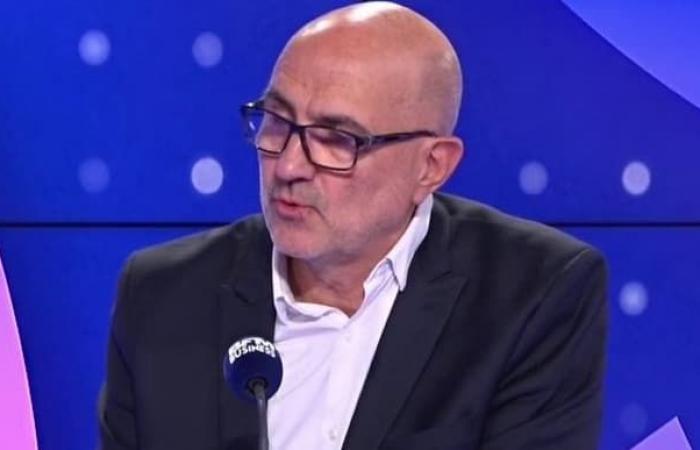On BFM Business, Nicolas Facon, CEO of Ilec, an association which brings together 115 brands, justifies this request and takes aim at the distributors' European purchasing centers.
Here we go again for negotiations between mass distribution and food manufacturers. Since December 1, the bitter battle for prices has raged, in a context made complicated by the absence of a budget and an operational government.
For major brands, it is impossible to ignore a new price increase.
On BFM Business, Nicolas Facon, CEO of Ilec, an association which brings together 115 brands (50 billion euros in turnover) indicates that the sector is demanding “a median increase of 4%”.
A median means that half of the products would benefit from an increase of less than 4% and the other half would benefit from an increase of more than 4%.
And to justify this level of increase: “in 2022 and 2003, an inflation shock affected everyone. The production costs of our members increased by 4.5 billion euros over two years while they did not 'received only 3 billion. Their margins therefore fell.
“This median increase is made up of both the increase in raw materials such as milk, butter, beef, but also rice and coffee. Then there are production costs, electricity, 74% more expensive than in 2021, salaries have increased by 16% in four years. So the speech of mass distribution to demand reductions of 10 to 15% is completely unrelated to economic reality,” judges Nicolas Facon.
European purchasing centers, “it’s to escape French law”
The standoff with mass distribution is therefore harder than ever. Especially since the giants of the sector are showing their muscles with their house brands, the threats of product delisting from major brands and the weight of European purchasing centers.
“The relocation of negotiations abroad for three out of four power plants really worries us,” underlines the manager.
“When we go to negotiate there, it is not global groups (in the agri-food industry, Editor's note) that go there, but the French subsidiaries. The balance of power is unbalanced. Massaging purchases means increasing the pressure that is placed on industrialists”.
“If we cannot reach an agreement, not only will you have repercussions in France but you will have repercussions in Germany, in Spain… We have a power of coercion which is disproportionate and which can lead to industry in deflation with colossal risks”.
And to wonder why “products made in France, which do not leave the territory, must be negotiated in Brussels or Madrid? The answer is simple: it is to escape French law”, asserts Nicolas Facon.
Moreover, “more than 25%” of the contracts negotiated through these centers were not signed before the deadline.
Remember that Eureca, Carrefour's international purchasing center based in Spain, received an administrative fine of 10.3 million euros in November for non-compliance with the date before which contracts with suppliers must be concluded. agro-industrial suppliers of the distributor, announced the Repression of Fraud in France (DGCCRF).
Olivier Chicheportiche Journalist BFM Business






